Cities
10 American Towns And Cities That Switched Names For Strange Reasons
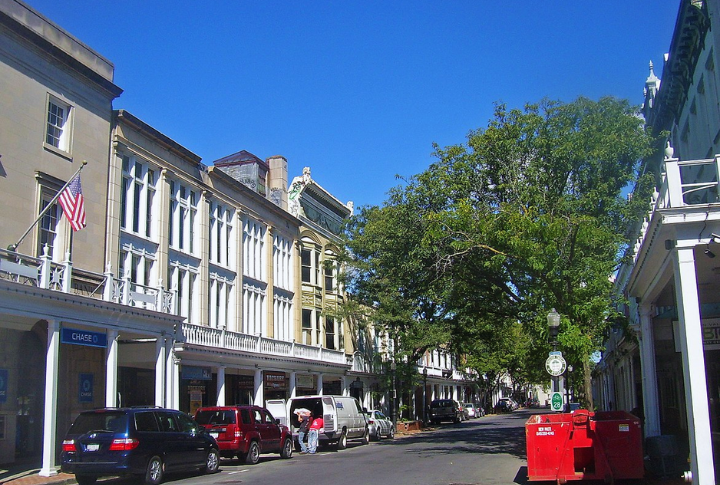
Places evolve—and their names often tell the weirdest parts of the story. What started as simple settlements sometimes outgrew their labels or traded them away under pressure. A few of these changes make perfect sense. Others raise eyebrows. Either way, it’s fascinating to see what names didn’t survive and why these ten did.
Truth Or Consequences, New Mexico
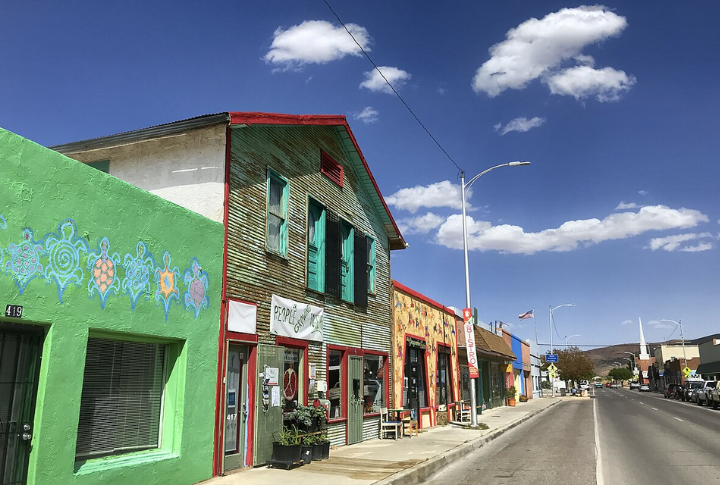
Few places can say their name comes from a game show. In 1950, a contest by Truth or Consequences spurred “Hot Springs” to adopt the title. Tourism surged afterward, with annual events still drawing curious visitors. What began as a gimmick unexpectedly became a cornerstone of local identity.
Ketchikan, Alaska
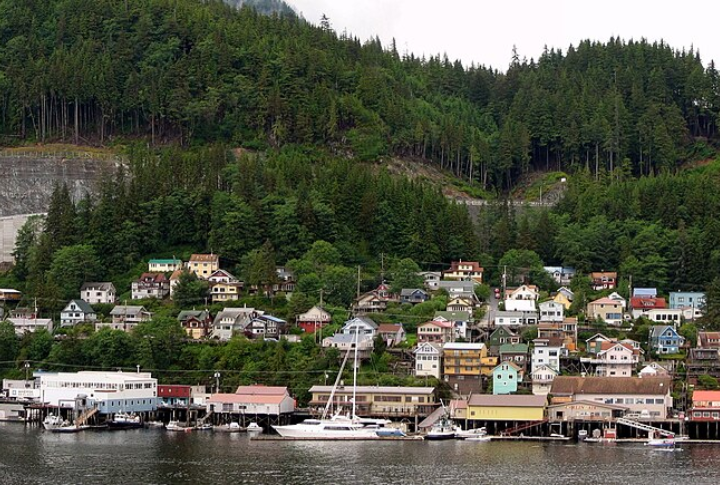
Locals once called it “Fish Camp,” a nod to its salmon-packed waters. By 1900, officials chose Ketchikan, drawing from the Tlingit phrase Kichxaan. Embracing native linguistic roots gave the city not just a unique name but a distinct sense of place and permanence beyond its seasonal beginnings.
Portland, Oregon
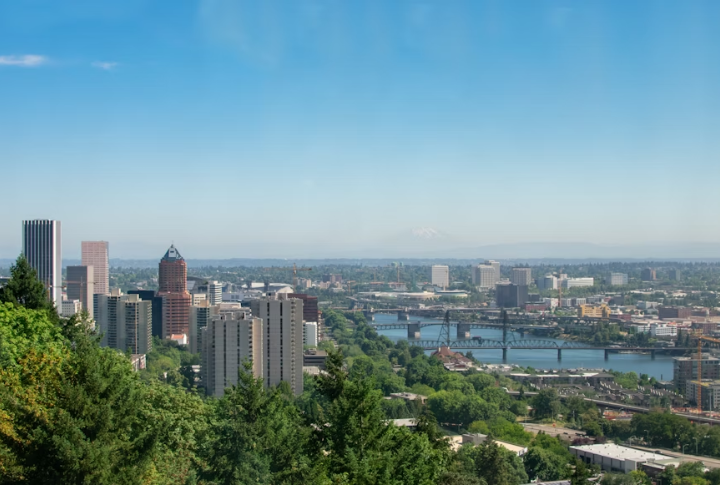
Portland wasn’t always Portland—it was once called “The Clearing.” In the 1840s, two founders couldn’t agree on a final name. One wanted Boston, and the other pushed for Portland. So, they flipped a coin. Portland won, and that single toss ended up naming one of the Pacific Northwest’s most iconic cities.
San Francisco, California

“Yerba Buena” once labeled this rapidly growing settlement. Following the U.S. occupation in 1846, leaders renamed it San Francisco to align with nearby military outposts. With the Gold Rush looming, a unified identity was seen as essential. The city soon became a magnet for migrants and fortune-seekers alike.
Kingston, New York

Ties to royalty defined its earliest identity as the King’s Town in 1673. After the American Revolution, shortening the name to Kingston reflected new national values. Though subtle, the change aligned with a movement to sever colonial references while still preserving the echoes of a historic legacy.
Hershey, Pennsylvania
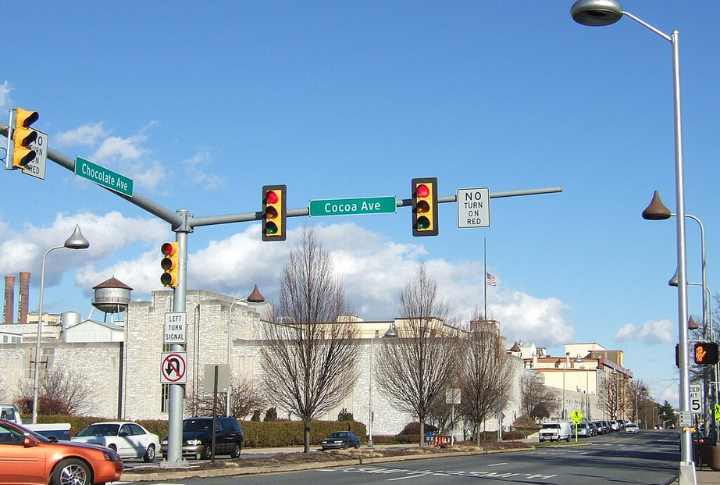
“Derry Church” quietly thrived until chocolate changed everything. Milton Hershey’s factory transformed the town’s economy—and in 1906, residents renamed it in his honor. With jobs, growth, and even a theme park emerging, the shift symbolized a sweet and lasting economic makeover beyond sentiments.
Gainesville, Texas
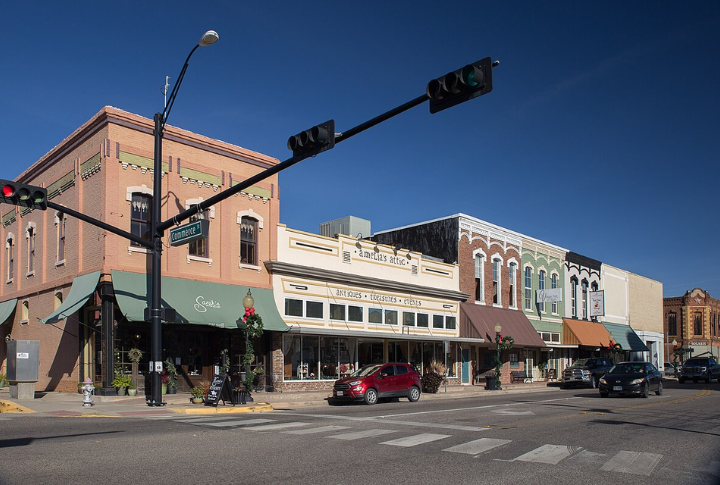
Before it became Gainesville, this town was known as “Liberty.” But by 1850, that name was causing too much confusion, especially with mail delivery and record-keeping. To avoid mix-ups, it was renamed after General Edmund Gaines. The new name helped the growing town stand out as railroads and trade routes expanded across the region.
Tulsa, Oklahoma
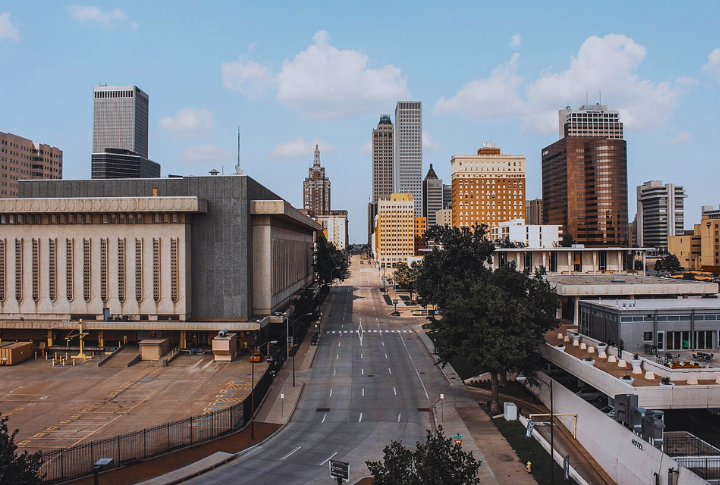
A group of Creek settlers renamed the area after their Alabama hometown, “Tallasi,” which eventually became Tulsa. This mild shift signaled both nostalgia and adaptation. As the city expanded through oil booms and railroads, its name reflected both cultural continuity and the transformation into a regional economic powerhouse.
Chicago, Illinois
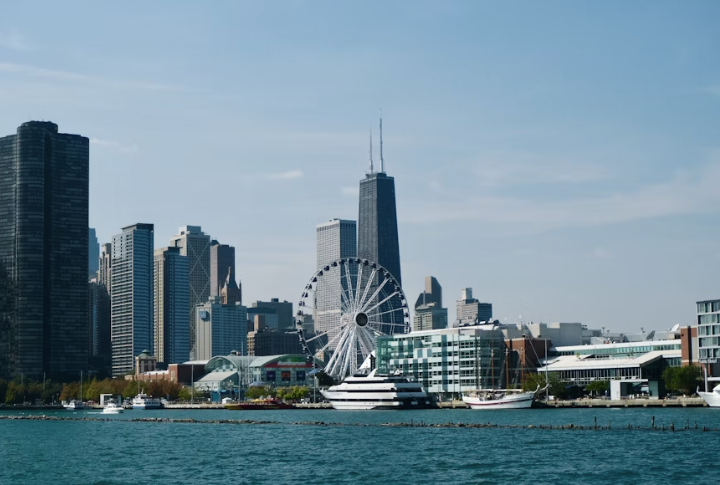
Before incorporation, the settlement was called “Checagou,” a French spelling of the Native word for “wild onion.” By the 1830s, it had morphed into “Chicago.” That linguistic evolution matched the city’s breakneck development into a transportation and economic hub, rooted in—but not confined by—its marshy origins.
Seattle, Washington
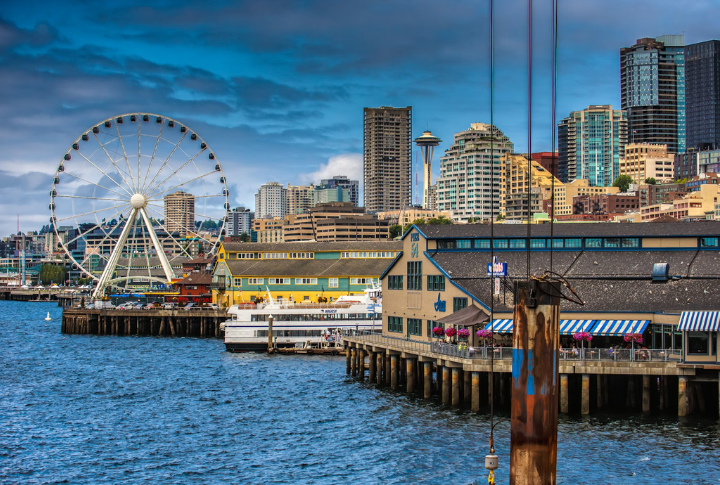
Named after Chief Si’ahl of the Duwamish and Suquamish tribes, the original village was known as Duwamps. Renaming it in the 1850s served both to honor a Native leader and attract investors. The new name signaled permanence, which helped the city grow into a thriving Pacific trade port.

